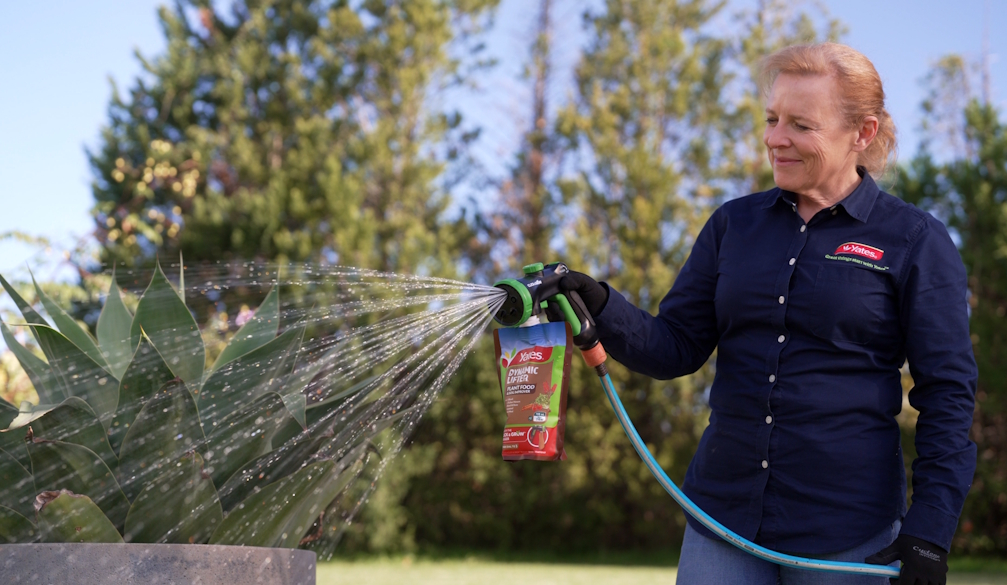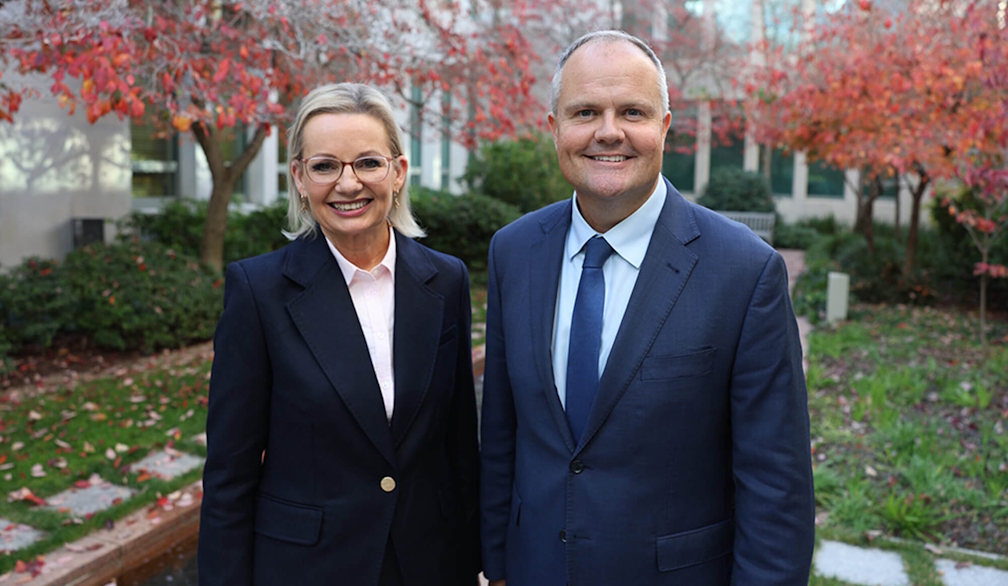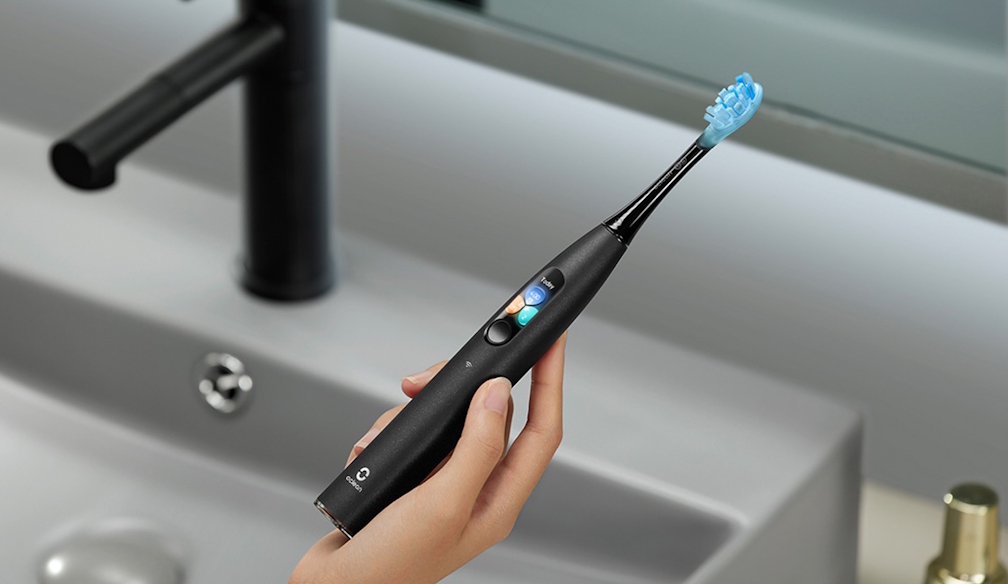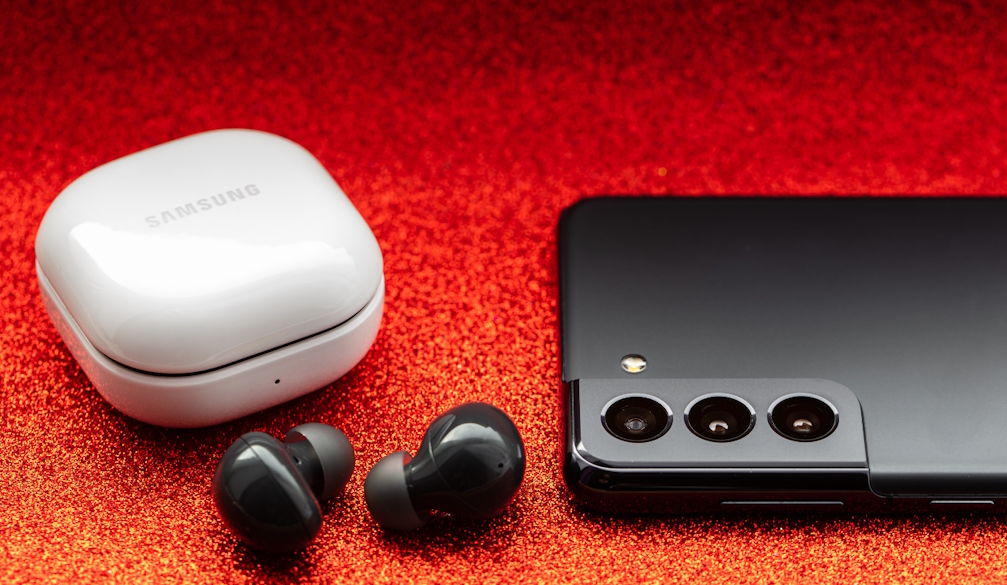Best selling hearing aids in Australia

The Men's Weekly outline of the best‑selling hearing aids in Australia, highlighting popular brands and top models in demand—based on expert listings, consumer ratings, and industry trends as of mid‑2025:
Leading Brands Making the Most Sales in Australia
When it comes to best‑selling hearing aids, several manufacturers consistently top the charts in Australia, thanks to their reputation, reliability, and local availability:
-
Phonak, Oticon, ReSound, Signia, Starkey, Unitron, and Widex are frequently listed among the most purchased brands melbourneaudiologycentre.com.au+10Hearing aid prices Australia+10CHOICE+10.
-
Consumer satisfaction surveys by Canstar Blue (Nov 2024) show that Phonak scored five‑star ratings across all key categories—performance, value, durability, battery life, user-friendliness, design, and overall satisfaction—making it a standout for Australian users Canstar Blue.
Popular Models & Expert Picks for 2025
While overall brand popularity is one thing, specific models are often highlighted by audiologists and reviewers:
Over-the-Counter (OTC) Hearing Aids
-
The Jabra Enhance Select 500 stands out as the best overall OTC choice—offering rechargeable batteries, app customization, and a generous 100‑day trial period Wikipedia+15Yahoo Lifestyle+15audiologists.org+15.
-
Jabra Enhance Select 100 is also highly rated by audiologists as the top OTC device, rebranded from ReSound audiologists.org.
Prescription (Rx) Hearing Aids
Expert reviews for 2025 (audiologists.org) spotlight these top models:
-
Signia Pure Charge & Go AX – top prescription pick
-
Starkey Genesis AI – most advanced features
-
Phonak Lyric – best invisible device
-
ReSound Omnia 9, Oticon Own, Widex Moment – top picks across different needs Hearing Choices+12audiologists.org+12hillsaudiology.com.au+12.
Additional Notable Models
-
Oticon Intent—a breakthrough RIC (Receiver-In-Canal) offering smart features—is frequently cited among the best RICs available in Australia for 2025 Harmony Hearing+2Yahoo Lifestyle+2.
-
Starkey Genesis AI, Unitron Inserablue, Oticon Own appear on Melbourne Audiology Centre’s “best of 2024” list, indicating their sustained popularity into 2025 melbourneaudiologycentre.com.au.
What Makes These Best-Sellers Popular?
-
Reputation & Trust: Brands like Phonak, Oticon, and Signia have long-established reliability.
-
Advanced Technology: Leading models often feature AI-driven sound processing, invisible designs, rechargeable batteries, and rich app integration.
-
Consumer Satisfaction: High ratings for performance, comfort, and value strengthen their popularity.
-
Accessibility: Availability through audiology clinics, trials, and local servicing makes them practical choices for Australian buyers.
Featured Products Available in Australia


Some of the top hearing aid retailers and providers in Australia where you can explore or purchase the best-selling models:
Overview of These Retailers
| Retailer | Highlights |
|---|---|
| Hearing Savers | Offers a wide range of hearing aid brands at discounted online prices, free shipping, and many clinic locations nationwide. Hearing Aid Australia+15hearingsavers.com.au+15Techbest - Top Tech Reviews In Australia+15 |
| Hearing Aid Prices | Showcases best-selling models such as Oticon Intent and Phonak Audeo i90, along with consultation services and clear pricing. Hearing aid prices Australia |
| The Hearing Place | Provides competitively priced options across top brands. They programme devices to your audiogram and include a 3-year warranty. thehearingplace.com.au |
| Specsavers Audiology | Delivers hearing services and devices in over 400 retail locations, paired with optometry services. Wikipedia |
| Hearing Aid Australia | Offers premium brand hearing aids backed by expert audiologist support. Hearing Aid Australia |
| CHOICE-listed Clinics (e.g., Australian Hearing & independents) | Extensive network including government-subsidised Australian Hearing, independent clinics, and Specsavers; they provide hearing tests, personalized fittings, and trial periods. CHOICE |
















